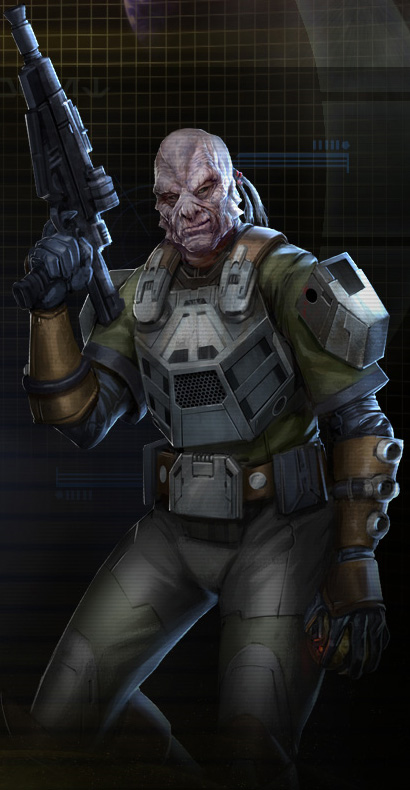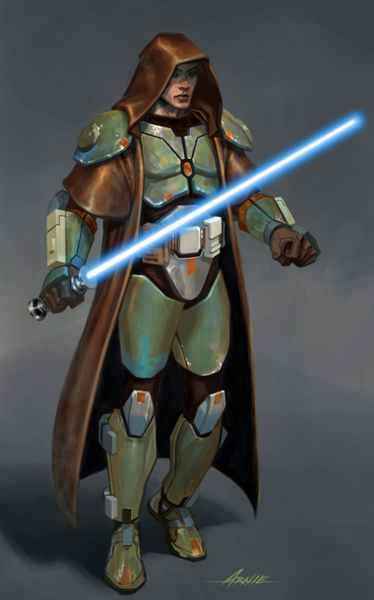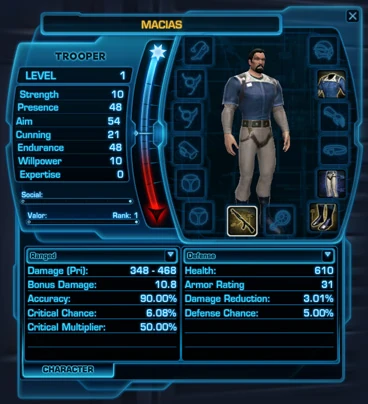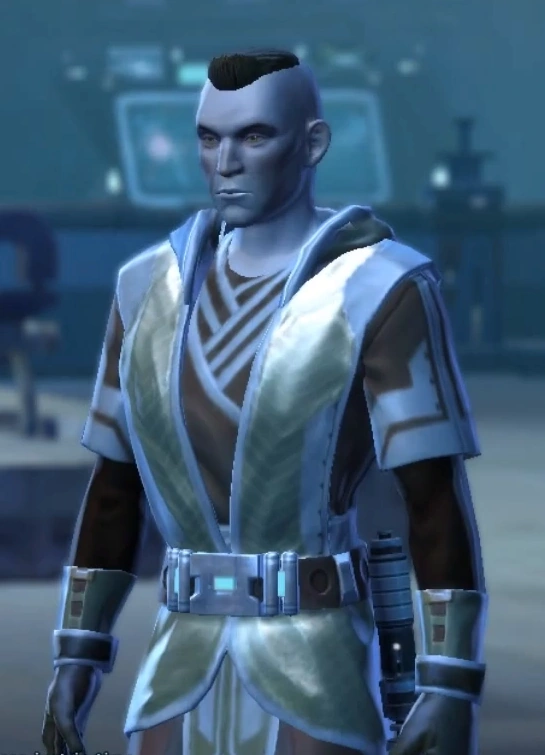



bas neral - coarse grain used for animal fodder and brewing thought unfit to eat.aruetii - (ah-roo-AY-tee) traitor, outsider, comparable to "them".

#STAR WARS THE OLD REPUBLIC WIKI ARMOR FULL#
The following are a few of the known Mando'a words, and the most accurate possible translations thereof.Īlso note that in Mando'a, there are no words to separate genders, example Ba'buir meant grandfather and grandmother.įor the full Mando'a dictionary, see this.įor an Easy to Read and printer friendly version visit the Mando'a - Advanced page. Vocabulary Note: The following section contains words that some may consider to be unsuitable for younglings.Īs a special note, it needs to be said that there is no word for "hero" in Mando'a - only a word for those who are not heroes, but "cowards": hut'uun/e. dralshy'a: brighter, stronger) or -ne for the superlative (e.g. Superlatives and comparatives Ĭomparatives and superlatives tended to be constructed from adjectives with the suffix -shy'a for the comparative (e.g. The suffix -la was used merely because it merged more easily with Di'kut than would -yc such remained the case under all similar circumstances. But to turn it into an adjective, the -la suffix was added, resulting in Di'kutla, 'idiotic'. The choice is based on euphony and ease of pronunciation. To turn a noun into an adjective, the suffixes -la (lah) and -yc (sh) can be added. An example would be: "Gar lise jorhaa'ir." ("You can speak.") Adjectives from nouns When using auxiliaries like ven or liser, the auxiliary is conjugated and then followed by the infinitive of the full verb. Ni vorer is incorrect but Ni vore, using the inflected form, is correct. There are two forms of most verbs: the infinitive, which ends in r, and the inflected form, which loses the r. Te is the most common form, with Haar being more emphatic. Mando'a uses articles far less than Basic does, generally adding them only for emphasis. Karen, tion mhi hibira Mando'a iviin'yc? means: Karen, are we learning Mando'a quickly? Articles Tion, the interrogative particle, goes before the phrase it modifies. The letters x, z, and f were not present in the Mando'a writing system, although a sound similar to that of f presented itself with vh, and z is represented as s. Instead of saying vore entye, for example, the phrase became Vor'entye, which was transformed into Vor'e in colloquial speech. When a compound word is difficult to say, the speaker would elide - i.e. A good example of this is dar'jetii which, literally translated, is "no longer a Jedi", but which is actually used to mean "Sith."Īn apostrophe was used in words to indicate that two had been put together, as in compound nouns. two words merged together to create a different meaning. Many words in Mando'a are compound words - i.e. There are exceptions (such as Gett'se, from Gett, and the diminutive plural Ad'ike, from Ad'ika). Words that end in a vowel tend to add an se. Most Mando'a words which end in a consonant form plural by the addition of an e. Mando'a was always spoken more than written and various different sound changes took place for ease of pronunciation when speaking. Mando'a sentence structure is very similar to Galactic Basic, following subject-verb-object word order.


 0 kommentar(er)
0 kommentar(er)
